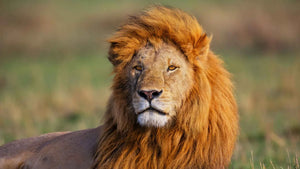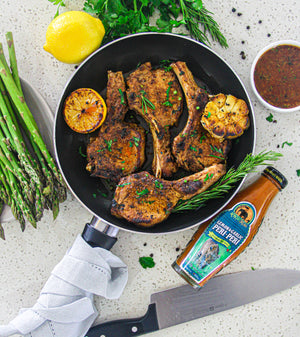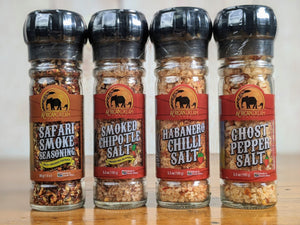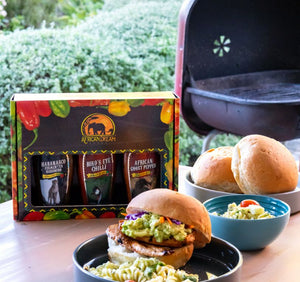The Lion’s Roar for Help
Feb 12, 2021
Let’s be real: the lion doesn’t exactly need a formal introduction. Though many of us have never encountered one in the wild, these big cats inadvertently enter our minds almost daily—we’re talking movies, TV shows and even music. Look no further than Disney’s iconic The Lion King or commonplace expressions like “lion-hearted” or “lion’s share” to see how intoxicating of an influence these giant cats have on our immediate lives, even from a distance.
Given their reputation, it’s no wonder lions are referenced frequently as the “Kings of the Jungle.” But their royal status has done little to save them from endangerment. To put their fast-declining numbers in perspective, it’s worth noting that lion population numbers in Africa have slashed in half just since 1994 whenThe Lion King first appeared in theaters.
What’s worse? Experts believe they’ll disappear forever by 2050 unless we take immediate action. Sadly, your grandchildren may only come to know about lions like we’ve come to know about dinosaurs and woolly mammoths: through museum exhibits and movies.
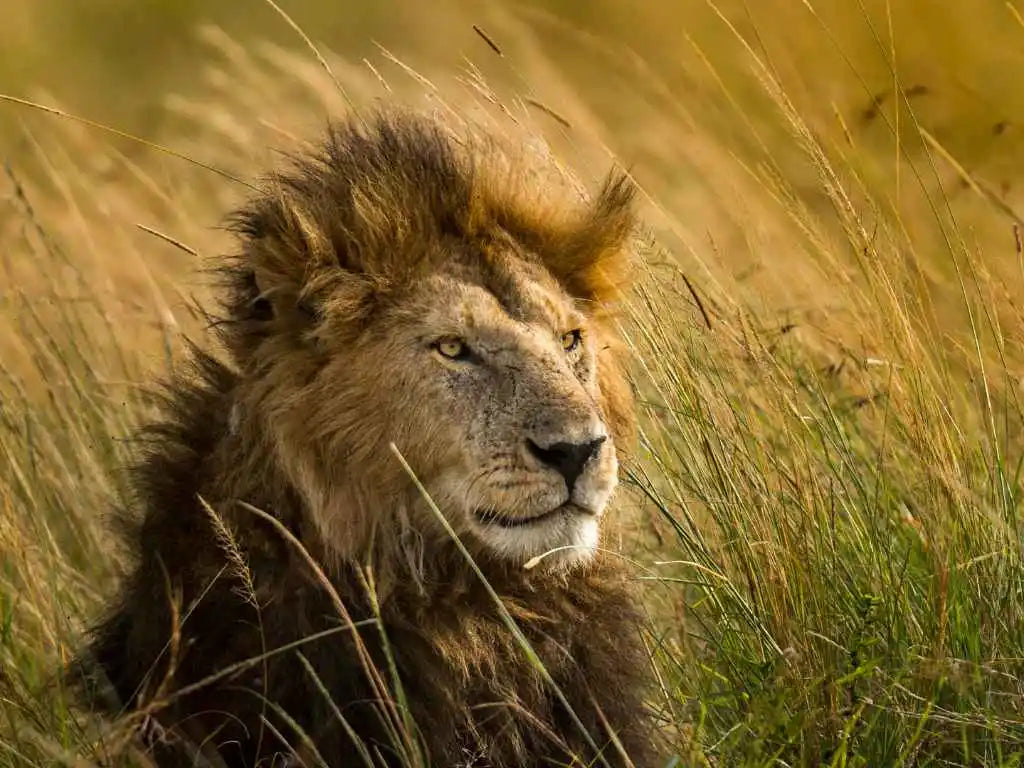
The lion’s story isn’t over quite yet—but it will be soon if things don’t change. There’s still time to avoid a tragic ending, but saving them will require understanding exactly what challenges these felines face, and more importantly, what we can do to help them survive.
Population Declines and Habitat Loss
When it comes to difficulties, the lion has plenty. In just the last 100 years, population numbers have decreased by around 90%. What’s worse? The few lion populations still roaming Africa’s wild now occupy just a fraction of the land they once did. These glorious beasts, evolutionarily built to roam vast grasslands in order to source prey from large land areas, are now confined to shrinking pockets of wilderness.
In many regions of the continent, including West Africa, lion populations have vanished completely. In a heartbreaking 26 countries across Africa, they have already been declared extinct. All that remains? A select few in so-called “stronghold” areas. But these strongholds are far from safe sanctuaries—they’re troublesome warzones where lions face prey shortages, a lack of suitable mates, and violence at the hands of neighboring humans.
Looking to the future, experts fear the problem could only worsen. Each year, wild lions lose more and more precious land to industrial developments and agriculture. In the next 30 years, the human population of sub-Saharan Africa is expected to more than double, which will further shrink the lion’s ever-disappearing habitat.
The Big Problem: Human Conflict
Of the many factors currently threatening Africa’s lion populations, habitat loss, lack of available prey, and human-lion conflict have the most devastating impacts. According to experts, the three are intrinsically connected in a vicious cycle.
How? Walled-in by civilization on all sides and faced with a lack of sufficient prey, lions must look elsewhere to feed themselves. Often, they’re forced to prey on cattle or livestock—a desperate measure which quickly earns them a death sentence at the hands of local farmers who poison big cats in a bid to save their herds. According to research conducted by the International Union for Conservation of Nature (IUCN), retaliatory attacks are the number one threat to the species as a whole.

Conservation Efforts—How You Can Help
If we want the African lion to remain on this earth rather than becoming a relic we memorialize in our movies and music, we need to act now. Experts have said that twisting the plot to make a happy ending for the lion will require supporting current strongholds and incentivizing local communities to live peacefully alongside the big cats. The key struggle when it comes to these programs? They’re costly to operate.
When it comes to lion conservation, there’s a serious budget crisis. We believe that we all can play a small part, to make a big difference to help lions and other African wildlife coexist with us on our planet. We commend conservation efforts and photography awareness initiatives to help this cause, everyone needs to do their part! That’s why a portion of every bottle of African Dream Foods products that are sold will be donated to African conservation efforts that are helping keep at-risk animals like the lion on our planet for the long-term.

At the end of the day, there’s no easy solution. But when you buy any bottle of ADF’s hot sauces or seasonings, you can indulge in authentic flavor knowing that your purchase is going to two organizations who are fighting for Africa’s wildlife. And to be honest, what could taste better?

